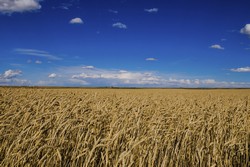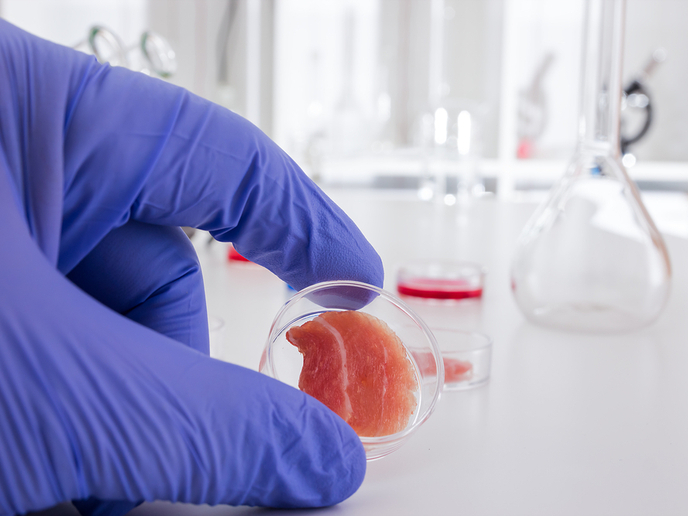How Europeans can reduce agricultural waste
Modern farming practices have become extremely specialised, resulting in increased resource input and negative environmental impact. For instance, livestock waste contains sometimes-toxic levels of nutrients, and yet farmers continue to use synthetic fertilisers to add nutrients to their crops. Researchers working on the EU-funded INEMAD(opens in new window) (Improved nutrient and energy management through anaerobic digestion) initiative sought to address this unsustainable situation by better integrating nutrient and energy flows in agriculture. The principle behind INEMAD was to incorporate processing as a third aspect of agriculture in conjunction with livestock and crop farming. For example, livestock manure can be processed to provide fertiliser for crops, reducing the need for chemical fertilisers. This would reduce pollution and greenhouse gas (GHG) production, while saving farmers money. Research has shown that if manure is digested by certain bacteria, the remaining solids, called digestate, contain more plant-available nitrogen and phosphorus than raw manure. To link crop and livestock production by recycling nutrients in this way, INEMAD developed strategies at farm, sector and policy levels. Since different parts of Europe have different farming densities, outputs and needs, INEMAD developed nutrient management and processing strategies based on regional and policy context. To do this, partners simulated scenarios including policy instruments that could encourage farms to recycle waste. For example, for manure to be recycled as fertiliser, manure transport regulations would need to be relaxed. Along with country-level surveys, the simulations demonstrated which strategies, technologies and policies would best alleviate GHG emissions and farmer reliance on external inputs. Project partners concluded that policy instruments could help to strike a balance between what is economically feasible for the farmer and ecologically best for society. Governments have an important role to play, by offering financial support, providing a legislative framework, and through creating or stimulating markets.







